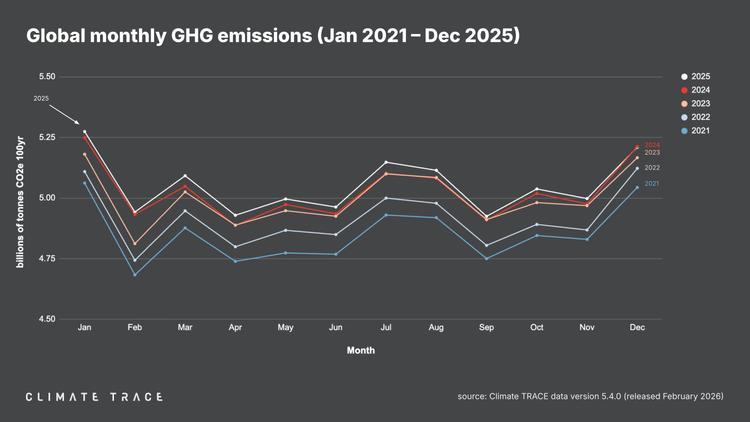Maintaining cars’ zero emissions target is EU’s chance to regain competitiveness: T&E
Backtracking on the EU's 2035 ban on combustion engines would put 1 million jobs at risk.

The European car industry has a chance to return to its post-2008 production and competitiveness peak – if the EU maintains the obligation for carmakers to sell 100% electric vehicles by 2035.
In contrast, backtracking on the 2035 zero-emissions vehicle target would likely result in the loss of 1 million jobs in the sector, according to the latest analysis by think tank Transport & Environment (T&E).







